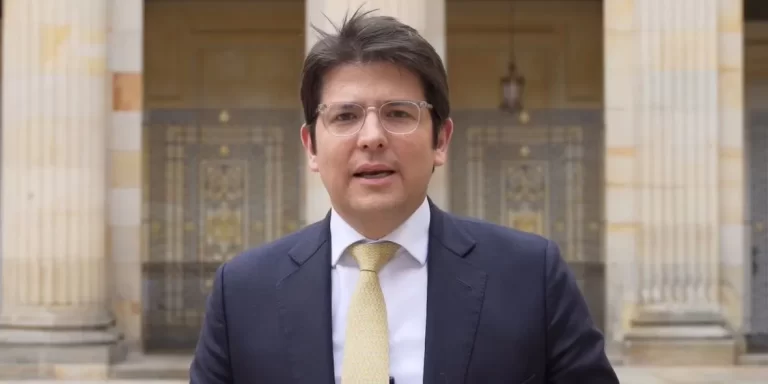[ad_1]
WASHINGTON (Reuters) – The Justice Department on Monday filed an emergency application at the U.S. Supreme Court seeking to block an appeals court decision that limited President Donald Trump’s effort to temporarily bar most refugees from entering the United States.
The department did not ask the court to immediately block a separate part of last Thursday’s ruling by the San Francisco-based 9th U.S. Circuit Court of Appeals that said grandparents, aunts, uncles and cousins of legal U.S. residents should be exempted from Trump’s ban on travelers from six Muslim-majority countries.
The appeals court’s ruling is due to go into effect on Tuesday if the Supreme Court does not act. In the court filing, the department said the 9th Circuit’s decision on the refugee ban “will disrupt the status quo and frustrate orderly implementation of the order’s refugee provisions.”
The filing marked the latest twist in the ongoing legal fight over Trump’s sweeping March 6 executive order that barred travelers from Iran, Syria, Libya, Somalia, Sudan and Yemen for 90 days, a move Trump argued was needed to prevent terrorist attacks. The same order included a 120-day ban on refugees.
Both provisions were blocked by lower courts but were partially revived by the Supreme Court in June, which said the bans could be applied only to people without a “bona fide” relationship to people or entities in the United States.
That prompted litigation in lower courts over the meaning of that phrase, including whether written assurances by resettlement agencies obligating them to provide services for specific refugees would count as a bona fide relationship.
The Trump administration said it should not, meaning such refugees would be barred.
But the 9th Circuit last week ruled that refugees who have relationships with a resettlement agency should be exempt from Trump’s order, dealing a setback to his quest to lock most aspiring refugees out of the United States.
The appeals court also said his administration did not persuasively explain why the broader travel ban should be enforced against close relatives of people from the six specified countries. The Justice Department said in its filing on Monday it disagreed with that part of the decision but was not seeking to block it from going into effect.
The broader question of whether the travel ban discriminates against Muslims in violation of the U.S. Constitution, as lower courts previously ruled, will be considered by the Supreme Court in October.
States, civil liberties advocates and others who challenged Trump’s order in court argued that it violated federal immigration law and the Constitution’s First Amendment prohibition on the government favoring or disfavoring any particular religion. Critics called it a discriminatory “Muslim ban.”
Trump’s March order replaced a broader January one that was blocked by federal courts.
Reporting by Lawrence Hurley; Editing by Will Dunham
[ad_2]
Source link






Leave a Reply